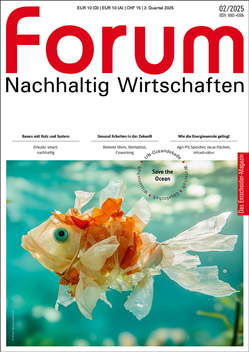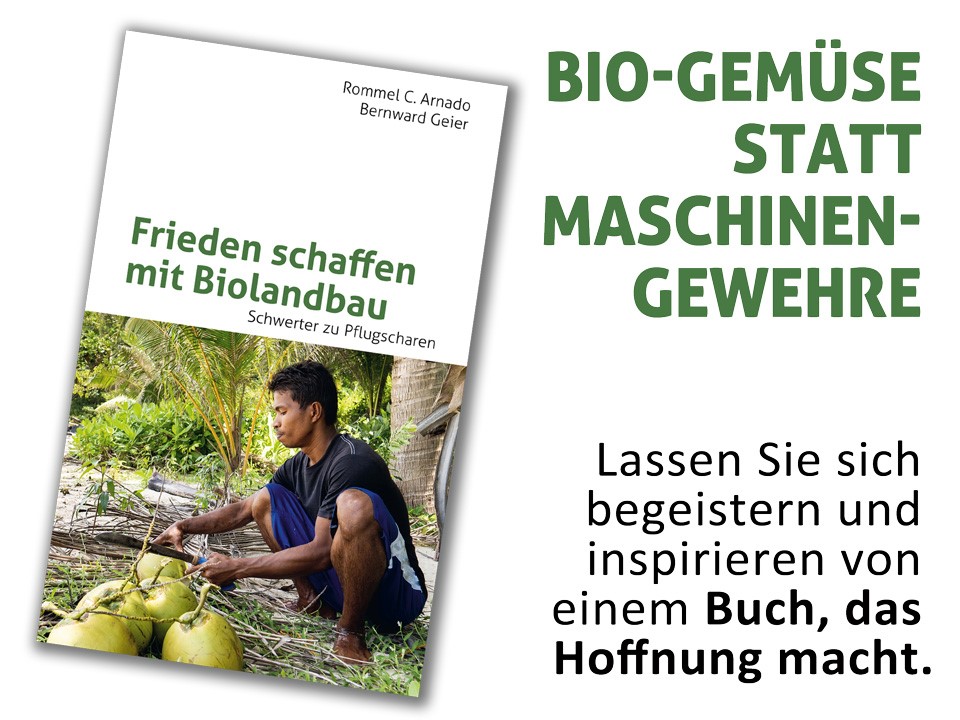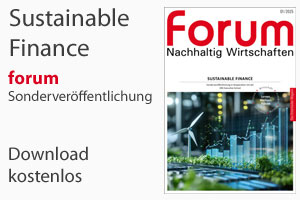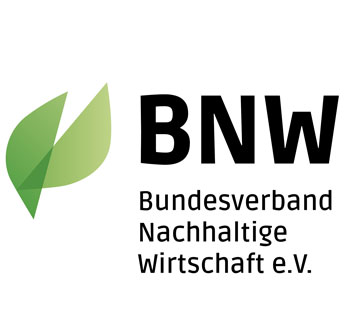The Future of Agriculture is here
Regenerative farming methods have proven to be more productive than the current chemical mainstream of agriculture.
Various regenerative farming methods in diverse geographies and scales have proven to be more productive than the current chemical mainstream of agriculture, which makes them a better solution for food security.
 © Liis Luks
© Liis LuksThey don’t pollute the water but increase its holding capacity, which reduces the negative impact of heavy rain and floods.
They strengthen the health of farmers and consumers as well as biodiversity.
And because they sequester massive amounts of carbon, they are, in addition to renewable energy and efficiency, the most scalable opportunity to regenerate the climate.
55,000 Hectares in Brazil
Leontino Balbo, is the co-owner of Native and Grupo Balbo in Brazil.
He demonstrated the success of regenerative farming on 55,000 hectares. He is a model of all the above-mentioned regeneration benefits for which he has literally 23 different certifications. He produces 1/3 of the world’s organic cane sugar in ways that enable greater biodiversity on his only apparently mono-crop fields than in the surrounding forests.
Leontino is also significantly more productive than the most sophisticated chemical farmers. Besides benefitting from his greater productivity, he sells his product for a significant premium to some of the world’s leading food and cosmetic brands who want to be associated with his regeneration story. Therefore, he also advises other large-scale farmers with whom he successfully adapts his methodology to many other crops.
1 million Women Farmers in India
On the other end of the spectrum is the work that APCNF’s Vijay Kumar does with one million very small-scale women farmers in Andhra Pradesh, India. Their regenerative farming methods have already helped 400,000 farmers to completely eliminate chemical inputs.
Many farmers have moved from one to two or three harvests, increasing their income and reducing their costs while regenerating soil, biodiversity and the climate. Their communities are strengthened by the additional income but also by the mutually supportive community farming approach.
Scaling Solutions Globally
India’s prime minister Narendra Modi wants to expand his approach to other regions in India. Foreign governments in Africa, Asia and Latin America are also interested. There is an interseting development now exploring how his method can be applied in Sri Lanka, where our Sarvodaya Solutions Initiative is working with hundreds of villages.
There thousands of ‘farmer trainers’ are being trained who can help to train millions of farmers across the Global South – see also our Solution Initiative that will scale this and other regenerative farming methodology with the help of local religious leaders.
Carbon Credits Finance Transformations
There are other inspiring, large-scale examples on all continents that clearly demonstrate that a new mainstream of agriculture is not only possible but already proven to work better than the current mainstream of chemical agriculture. Scaling their implementation can be enhanced by carbon credit and biodiversity credit schemes that we are also supporting in other Solutions Initiatives.
At the United Nation’s COP27, a carbon credit collaboration was launched that includes Egypt’s regenerative agriculture leader Sekem, the Egyptian government, the Cairo Stock Exchange, the Bank of Egypt, the U.N. World Food Programme and companies like Danone. This carbon credit scheme will help over 40,000 farmers to increase their income when they transition from conventional to regenerative agriculture.
Scientifically Verified Outcomes
Yet these facts and methodologies remain relatively unknown, even though their impressive outcomes have been scientifically verified by leading universities and government institutions, independently certified by national and international standards bodies and publicly embraced by the United Nations, India’s prime minister Modi and French president Macron. More Solutions Initiatives are needed to also strengthen communications about these facts in diverse media and in ways that are accessible and attractive to diverse stakeholders.
Additionally working towards improving certification systems that for many small farmers are complicated and too expensive is a way to progress.
Another progress item is to effectively measure the amounts of carbon that are sequestered from the atmosphere and stored in the soil by agricultural operations, for example. This hinders the accurate calculation of carbon credits which is essential for the climate solutions that are now required.
Merijn Dols
Managing Partner, NOW. Former Head of Open Innovation and Circularity at Danone. Advisory board member, Ellen MacArthur Foundation and Future Food Institute. Regenerative Economy Fellow at Natural Capitalism Solutions. Facilitates the paradigmatic shift to a regenerative future that reconnects Economy and Ecology. Circular Economy scholar and lecturer.
Quelle: NOW Partners Foundation
Umwelt | Wasser & Boden, 10.07.2023

Save the Ocean
forum 02/2025 ist erschienen
- Regenerativ
- Coworkation
- Klimadiesel
- Kreislaufwirtschaft
Kaufen...
Abonnieren...
30
APR
2025
APR
2025
Franz Alt: Die Solare Weltrevolution - Aufbruch in eine neue Menschheitsepoche
In der Reihe "Mein Klima… in München"
80331 München und online
In der Reihe "Mein Klima… in München"
80331 München und online
07
MAI
2025
MAI
2025
MakerCamp Genossenschaften 2025
Genossenschaftliche Lösungen in Wirtschaft, Kommunen und Gesellschaft
65189 Wiesbaden
Genossenschaftliche Lösungen in Wirtschaft, Kommunen und Gesellschaft
65189 Wiesbaden
14
MAI
2025
MAI
2025
Klimaschutz im peruanischen Regenwald
Delegierte der Asháninka teilen ihre Perspektiven
80802 München, Seidlvilla
Delegierte der Asháninka teilen ihre Perspektiven
80802 München, Seidlvilla
29
JUN
2025
JUN
2025
Constellations Week 2025 in Südtirol
Inspiration, Klarheit und Empowerment
I-39010 Tisens-Prissian, Südtirol
Inspiration, Klarheit und Empowerment
I-39010 Tisens-Prissian, Südtirol
Professionelle Klimabilanz, einfach selbst gemacht

Einfache Klimabilanzierung und glaubhafte Nachhaltigkeitskommunikation gemäß GHG-Protocol
Digitalisierung
Christoph Quarch empfiehlt allen seriösen Kräften den Rückzug von X
Jetzt auf forum:
Porsche investiert entschlossen in die Zukunft
16 Steps Initiative | Für eine klimaneutrale Veranstaltungswirtschaft
Nachhaltige Mobilität im Personen- und Güterverkehr - Quo Vadis?
Diskurse und geballtes Energiewissen im Rahmenprogramm
Der Einfluss von Digitalisierung auf nachhaltige Geschäftsmodelle


















